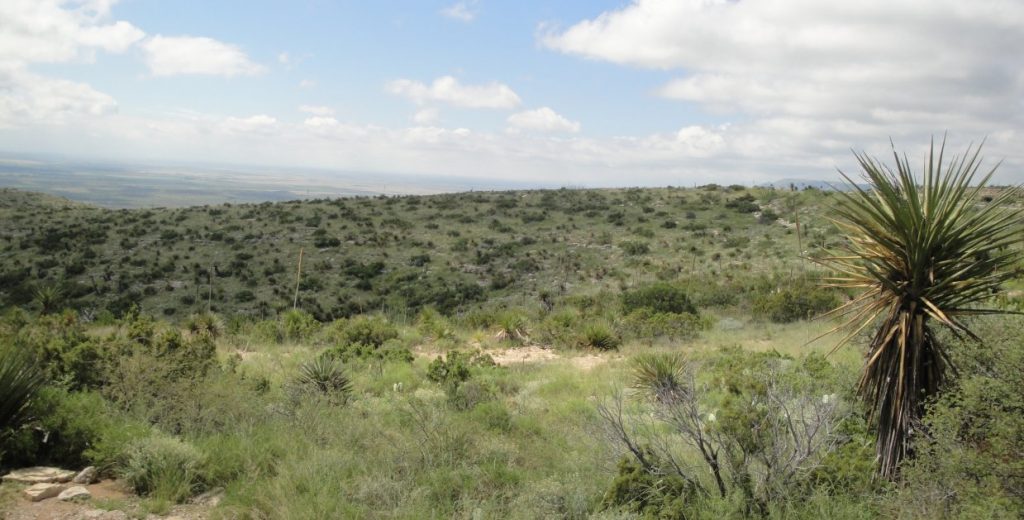Adapting to climate change is getting more sustained interest lately. The Economist magazine had a big story last week and NPR Marketplace had several stories this week. The impression you take away from this and other related stories is that we can expect pretty much nothing from all those international conferences, but the people are making decisions now that will help us all adapt.

“Marketplace” had a good article on Wednesday about the insurance industry and how they are adapting when they are allowed. Insurance rates are rising where risks are higher because of weather patterns. Insurance firms can work more efficiently. They don’t have to wade into the debate about whether climate change is man-made etc. They just look at the numbers and project costs.
Insurance and the ability to manage risk has been one of the most important, if unheralded, contributors to our well-being in the last couple of centuries. These guys figure the risks and then charge a differential which gives people incentives to be smarter. For example, if it costs you way more to get insurance to build a house on low ground, you move higher and avoid the risk. Insurance companies have been instrumental is improving fire safety, reducing accidents and making us all more healthy. But this only works when the costs can be passed to those who can affect decisions. Short-sighted politicians sometimes circumvent this process. For example, many areas of Florida are smack in the path of hurricanes already. No private insurance firms will willingly sell insurance to homeowners in some places, at least at rates they want to pay. This should tell us something. If a firm whose business it is to insure doesn’t want to sell you insurance, maybe there is too much risk. Unfortunately, the State of Florida has stepped in to offer cut rate insurance insurance for people who should move elsewhere. This is just like setting a time bomb that makes some people happy in the short run, but will create much more expense and suffering in the future.
I don’t know how much the climate will change. Nobody does. But there is no avoiding it as a general proposition. We don’t have to know all the details in order to know some of the steps we need to take. If we believe sea levels will rise, we sure should not expand construction in places that are already subject to flooding at today’s levels. Trees take time to grow. We should plant varieties of trees that are adapted to a wide variety of possible climates and develop new varieties. Buildings last around fifty years. We should make sure we are adapted. These things are not rocket science, just common sense.
We can live in a variety of places WITH the proper adaptations. We are not powerless. We renew our infrastructure all the time. It just seems permanent to us. Most of the buildings we live or work in are less than 50 years old, and among the older ones virtually none have not undergone major renovations. If we start now, much of the adaption can be almost business as usual. Just incorporate smart changes.
Most of us have trouble envisioning anything really different. We intuitively project the future in sort of a straight line from the present. It has never worked like that. We have a kind of punctuated equilibrium, with long periods of stability and burps of change. We have chances to adapt when times are “stable.” Once the change hits hard, it is too late.
I know that some people want a “collective” decision and that is what we will get. But it will be a collective decision by billions of individuals, firms and organizations. Governments will need to kick in some big infrastructure investments, but all should be made with an eye to the future, not simply saving things of the past. Adaption might often be hard, but it will not be impossible.
The picture up top is the Permian Basin in New Mexico. It used to be the bottom of a warm sea. It is higher & drier now. The Permian Period, for which this place is named, ended with the greatest mass extinction in earth history. Things change. Life adapts. We need to too.
BTW – I had to skate over the top of this issue, so as not to write way too much. If you want more detail, do read the “Economist” article. The EPA has a general report with some links. I also saw a couple of really good TV reports about adaptation to climate change. Unfortunately, they are in Portuguese. One of the specialists explained that the city of São Paulo has ALREADY warmed a couple degrees and storms are more severe. This is because large cities are ”heat islands”, i.e. buildings and paved surfaces concentrate heat. The city has been adapting to these changes, as we will more generally need to do.
